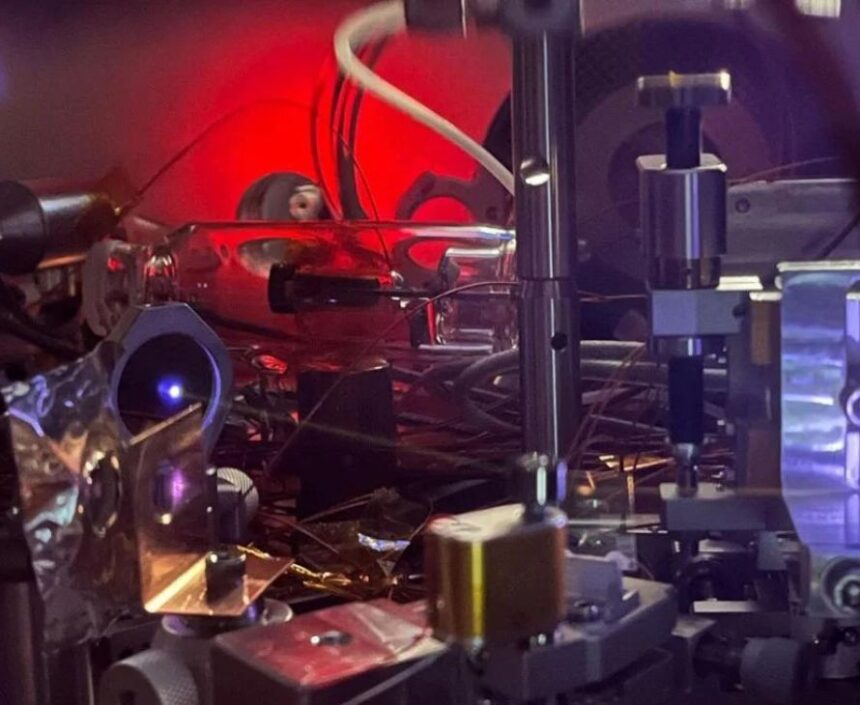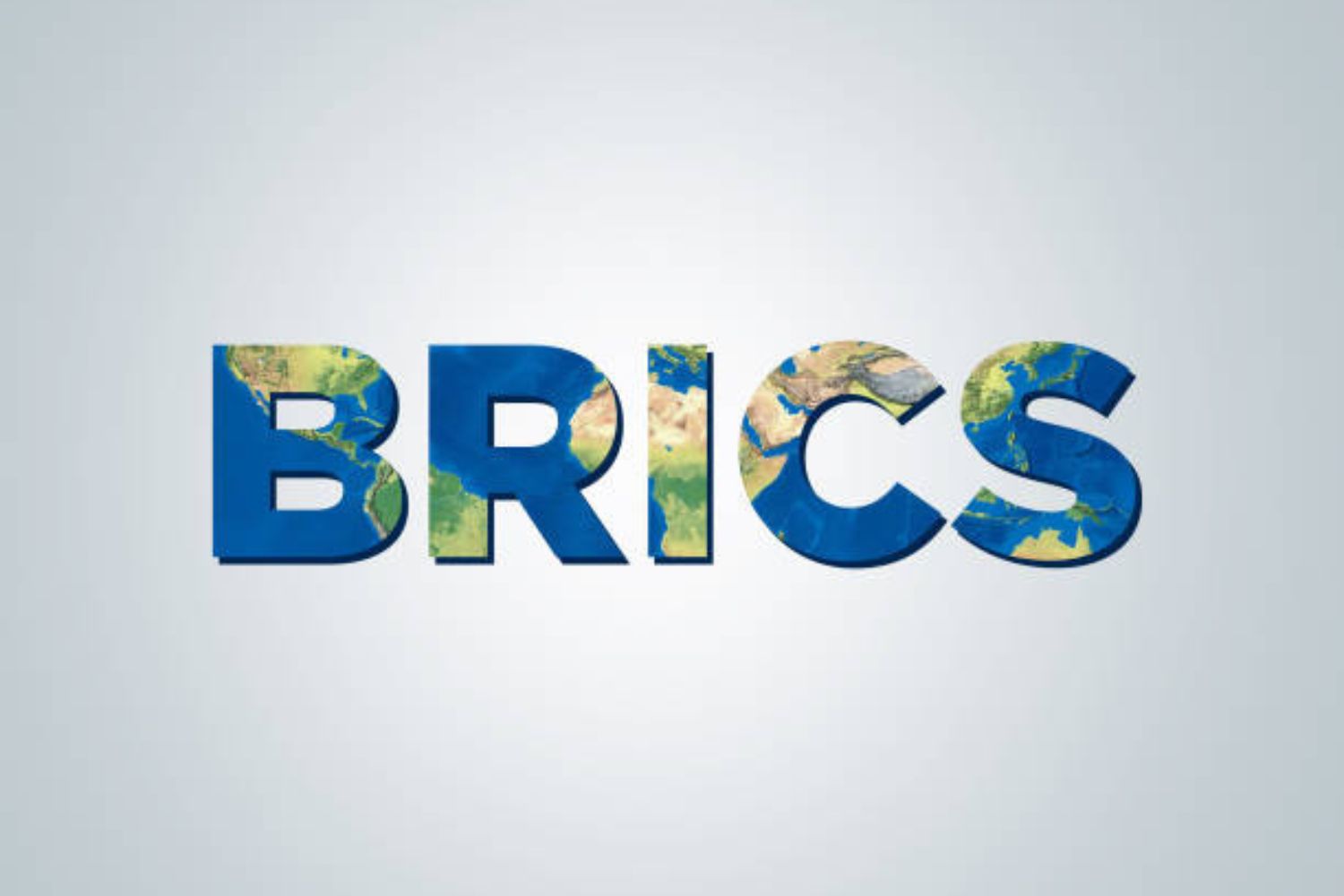In the quest for greater precision in timekeeping, the development of an ultra-precise nuclear clock represents a significant milestone in both physics and technology. Recent advancements in this field have been propelled by the innovative research of Zhang Chuankun, a graduate student whose work has contributed to a leading laboratory in the United States. By honing in on laser frequency precision, Zhang is helping to refine timekeepers that could potentially challenge our fundamental understanding of physics.
Timekeeping has evolved rapidly over the years, from sundials to atomic clocks, and now to the next frontier: nuclear clocks. These timekeeping devices promise unprecedented accuracy, with the potential to measure time with a precision of one second over billions of years. Such accuracy can have profound implications across various fields, including navigation, telecommunications, and fundamental physics research.
Nuclear clocks operate on the principle of measuring the vibrations of atoms, particularly in their excited states. By observing these vibrations, scientists can achieve extremely stable and precise time measurements. The implications of such technology extend beyond practical applications; they could also provide insights into the fundamental laws of physics, including the nature of time itself.
Zhang Chuankun’s contribution
Zhang Chuankun’s research focuses on refining the laser frequency used to excite atomic nuclei in nuclear clocks. The precision of these lasers is critical, as even the slightest deviation can lead to significant errors in time measurement. Working alongside a team of experienced physicists at a leading research laboratory in the United States, Zhang has made remarkable strides in this area.
By developing advanced techniques for stabilizing laser frequencies, Zhang has enhanced the reliability and accuracy of nuclear clocks. His innovative approaches involve intricate control systems that fine-tune the laser light to precisely match the energy transitions of the atoms being studied. This level of precision is crucial for building nuclear clocks that can operate at their theoretical limits.
Testing the foundations of physics
The implications of Zhang’s work extend far beyond the realm of accurate timekeeping. Ultra-precise nuclear clocks could serve as powerful tools for testing fundamental physical theories, including those related to gravity, quantum mechanics, and the potential variation of fundamental constants over time. By providing a more stable reference for measuring time, these clocks may help scientists explore questions about the constancy of physical laws and the nature of the universe.
For instance, researchers could use nuclear clocks to investigate whether the fine structure constant—an essential physical constant that characterizes the strength of electromagnetic interactions—remains constant throughout the cosmos. Such experiments could provide valuable insights into the validity of current physical theories and even lead to new discoveries.
A collaborative future
Zhang’s remarkable contributions exemplify the collaborative spirit of scientific research, where ideas and innovations cross borders. As a Chinese researcher working within a U.S. laboratory, he underscores the importance of international cooperation in advancing scientific frontiers. This collaboration not only enhances the research environment but also fosters a diverse range of perspectives that can drive innovation.
The work of Zhang Chuankun and his colleagues represents a significant leap forward in the development of ultra-precise nuclear clocks. By pushing the boundaries of laser technology, they are not only advancing timekeeping but also opening new avenues for exploring the fundamental principles governing our universe. As research in this field continues to progress, the potential for groundbreaking discoveries remains immense, underscoring the vital role of young scientists like Zhang in shaping the future of physics and technology.
ALSO READ: China targets economic growth with $28 billion nuclear power investment in 11 new reactors














I don’t think the title of your article matches the content lol. Just kidding, mainly because I had some doubts after reading the article.